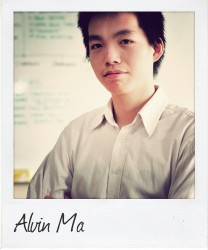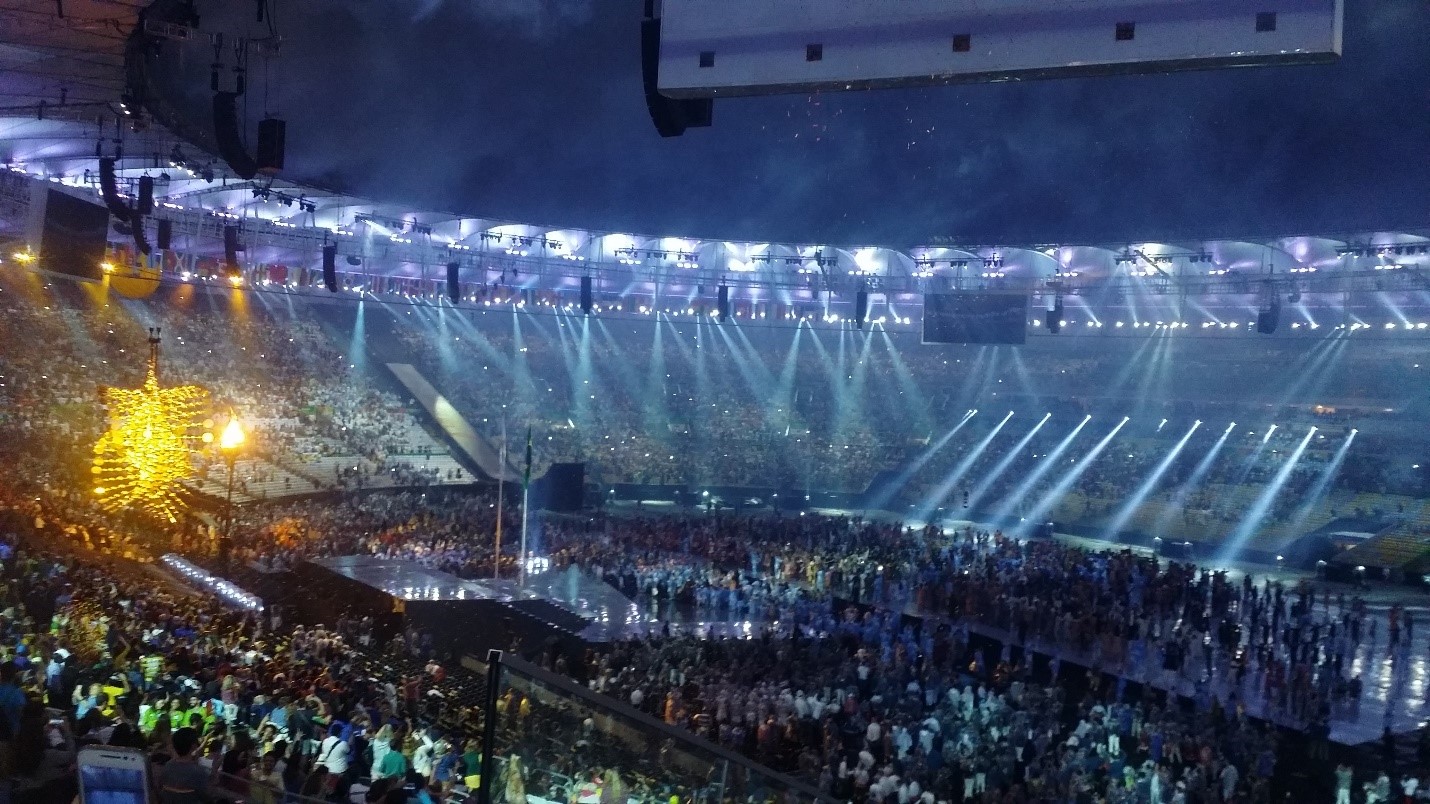“Multiculturalism and Maracana: a trip to Brazil”
September 16th, 2016 English may be the lingua franca in many spheres, but Alvin Ma, 25, a Commonwealth Correspondent from Canada, describes how trying to learn the language and experience local customs made a trip to Brazil a memorable experience.
English may be the lingua franca in many spheres, but Alvin Ma, 25, a Commonwealth Correspondent from Canada, describes how trying to learn the language and experience local customs made a trip to Brazil a memorable experience.
“Meu nome é Alvin. Eu sou canadense. Quando falo em português, penso em francês.” (My name is Alvin. I am Canadian. When I speak Portuguese, I think in French.)
I must have spoken these three sentences hundreds of times during my ten days in Brazil.
Recently, fellow Commonwealth Correspondent Debra Grace Lim Jia-En wrote an article about the importance of English as the lingua franca of our modern globalised age. As someone who has taught English to people from dozens of nationalities, I appreciate her analysis. At the same time (and this does not have to be mutually exclusive), I believe that it is important to genuinely attempt to speak local languages.
This may sound like a xenophobic argument, but I’m actually turning the question upside-down: How does it feel to be expected to quickly master a new language in a different country as numerous immigrants and refugees are expected to do? Obviously, it’s not easy, even if I could think in Latin-based French and memorise some Portuguese lyrics from Brazilian sertanejo artists Michel Teló and Gusttavo Lima. Particularly because my research is about multiculturalism and sport, I challenged myself to study Portuguese before delivering a presentation at the ICSEMIS 2016 Olympic sport conference in Santos, Brazil.
Although the official language of the international conference is English, dozens of delegates stated that they had not delivered presentations in English prior to the conference. Many of the locals outside the conference in Santos do not speak more than a dozen words of English. Since I have written before about the necessity of going beyond the confines of the convention centre, I thoroughly enjoyed interacting with people such as the hostel staff, taxi drivers, and service workers in Portuguese. Furthermore, I embraced the opportunity to prática meu português while Brazilian friends practised their English with me. In addition, I practised my 中文 by speaking in Cantonese and attempting to speak in Mandarin with delegates (some of whom I met in Beijing) and who travelled for over 30 hours from China to attend the conference.
Modern Olympic founding figure Pierre de Coubertin claimed that “L’important dans la vie ce n’est point le triomphe, mais le combat” (the most important thing is not winning, but the struggle to get better). Similarly, learning a new language can be classified this way: not everyone can win gold medals, but the reward of improvement is gratifying. For tourists, learning local languages is also a form of respect for the host countries’ cultures. I attempted to immerse myself in local physical activities such as tamboréu (a form of beach tennis) and samba, which was memorable to the extent that a delegate recognised me on a Rio de Janeiro Metrô train, 500 km away from the conference venue. In Rio de Janeiro, I attended the Paralympics opening ceremony. Although I have witnessed many sport events, no event I’ve attended in the past could match the excitement of Brazil’s entrance into Maracanã Stadium, the lighting of the cauldron after a long torch relay, and the confetti comemoração with everyone on stage.
Having said these moments, I must also recognise that this event, as with anything in sport, is not distant from politics. While 161 national Paralympic committees entered the stadium, notably absent was the Russian delegation (though I saw a few Russian flags at Maracanã in protest). Many Brazilian spectators in attendance also booed President Michel Temer amidst the controversy surrounding the recent impeachment of Dilma Rousseff. A few days earlier in São Paulo, a major political protest occurred on the same Paulista Avenue where the Paralympic torch passed – helicopters flew overhead and police in riot gear were stationed a couple hundred metres away from my hostel. Before leaving for Brazil, some people in Canada warned me about violence, Zika, and opportunistic crime towards “gringos” (overt foreigners). Although some problems do exist, it is necessary to recognise my privilege of having this choice to go. Critique from afar is easy, but often paints stereotypes rather than daily realities that millions of people face.
Overall, I’m glad I went. I saw fascinating presentations from multiple disciplines related to sport, learned to appreciate short queues, consumed delicious pão de queijo, reunited with Brazilians I met in Toronto, and made new friends. One distinct memory I have is the first night in Santos, when several people from a moving car screamed out the lyrics of “Call Me Maybe”, which was originally recorded by Canadian artist Carly Rae Jepsen. A worldwide sensation, this song was ranked #1 in Poland when I taught English there four summers ago. At that time, I took more interest in local disco polo, which allowed me to learn more Polish words. Similarly, I learned some Portuguese through my interest in Brazilian sertanejo. Although disco polo and sertanejo are genres of music that many people claim to dislike, these locals appreciated my effort in trying to learn their native languages. While English is a common bond across the Commonwealth, I will try my best to speak Kiswahili in Kenya and Malay in Malaysia if I have the opportunity to travel to these beautiful countries.
Photo credit: Alvin Ma
……………………………………………………………………………………………………………………………………………………………
About me: I’m a research assistant for the Centre for Sport Policy Studies at the University of Toronto. I also teach at a school for international students and serve as a private tutor for many students in various different subjects. Nicknamed “Captain,” I try to lead by example. I am an idealist and genuinely believe that students and youth from Commonwealth countries around the world can see a brighter future.
…………………………………………………………………………………………………………………………………………………………………
Opinions expressed in this article are those of the author and do not necessarily represent the views of the Commonwealth Youth Programme. Articles are published in a spirit of dialogue, respect and understanding. If you disagree, why not submit a response?
To learn more about becoming a Commonwealth Correspondent please visit: http://www.yourcommonwealth.org/submit-articles/……………………………………………………………………………………………………………………………………………………………




